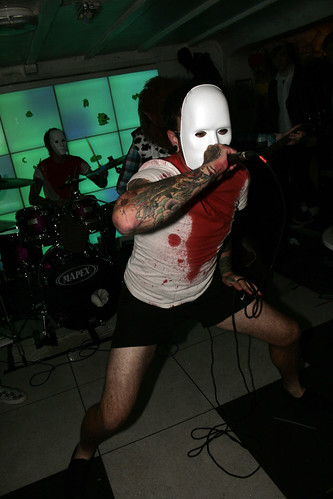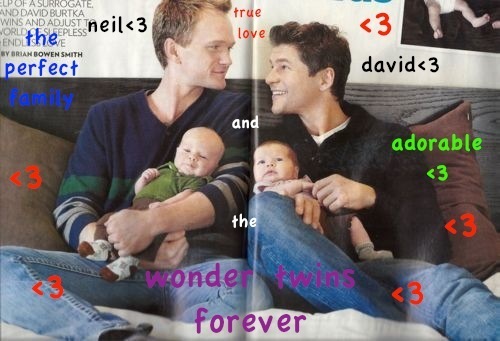
On Friday, the House of Representatives voted to defund Planned Parenthood as an amendment to the Healthcare Reform Legislation. The issue has generally been stated by conservatives to be about the taxpayers funding abortion clinics. Conservative pundits and representatives have come out against this sort of funding, claiming the American taxpayer should not have to pay for abortion as it is not primary healthcare and is wholly against their moral or ethical beliefs.
I would be more sympathetic to these pundits if the allegations covered the issue entirely The debate as to whether abortion clinics should be funded by the federal government is a worthwhile debate to have. I believe that not funding organizations like Planned Parenthood, which supports abortion rights, unfairly discriminates against underprivileged classes in fulfilling their right to reproductive choice. It is apparent that there could be a debate about this, but cutting funding to Planned Parenthood is more devastating than this.
Planned Parenthood provides all sorts of sexual health care at little to no cost to underprivileged women, including pap smears, sexual education, and birth control. In some cases, they also provide general OB/GYN services to women regardless of financial stability. This amendment to the Healthcare Reform legislation denies women their right to seek healthcare regardless of financial status, and I think it is highly illegal under the new legislation and against common sense. Everyone should be entitled to healthcare regardless of social status; it is an inalienable a right as any other.
So the conservative agenda needs to realize that it is not fighting against abortion. It is denying women their right to healthcare. They have conflated a very important issue and have managed to get it passed to the Senate. Let us hope that President Obama and the Senate stop this in its tracks.











